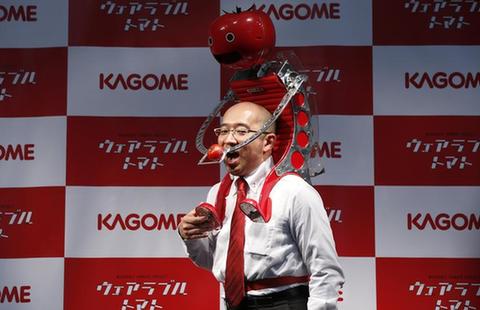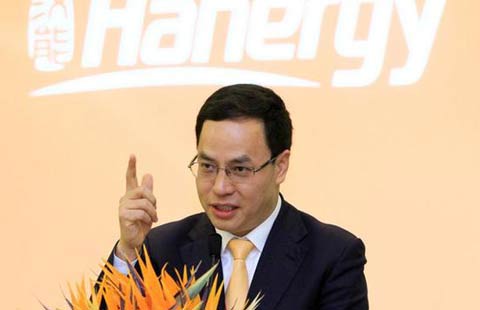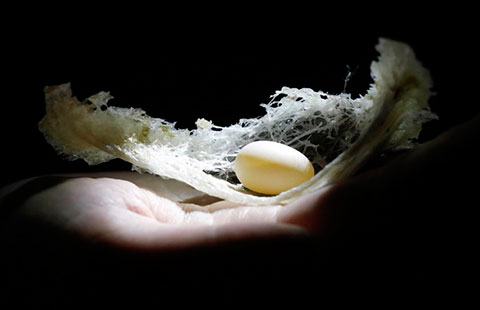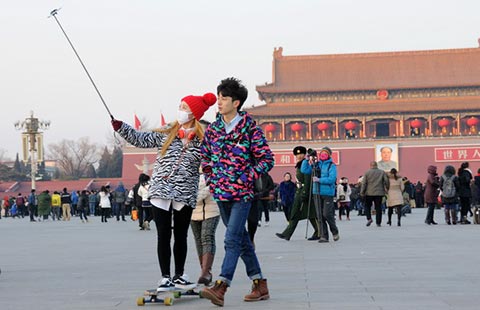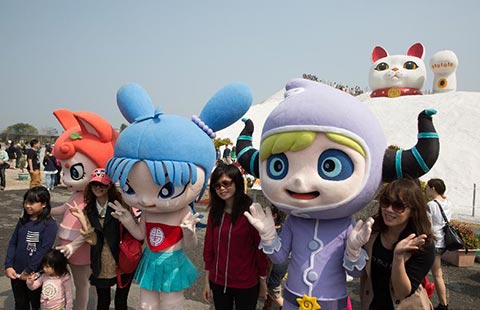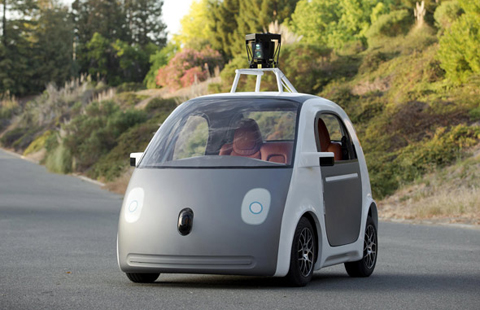India wants to bring businesses back from China
By Agencis (Agencies) Updated: 2015-02-26 10:21Modi has taken some steps to make it easier for companies to do business, including moving the application process for industrial licenses online. Investors planning to set up a factory can leave queries on the "Make in India" website and they will be answered in 72 hours.
Still, much more needs to be done. India fell to 142 of 189 countries on the World Bank's latest Ease of Doing Business Index, falling behind Ethiopia, Yemen and Sierra Leone. China improved several notches to 90th on the index.
It still takes 30 days and 12 clearances to get a company registered in the industrial hub of Noida, near Delhi, for instance, according to the World Bank-three times longer than it takes on average in the 34-member grouping of Organization for Economic Cooperation and Development.
Modi's administration must clean up a maze of tax rates in which rates for components in some sectors are higher than those for the finished product. Business groups are also calling for the end of the minimum alternate tax, which offsets any financial incentives exporters get from investing in special economic zones.
Attracting investment is key for Modi to provide jobs for the 64 million new entrants to the jobs market in the five years ending 2016. By 2021, almost two-thirds of its 1.2 billion people will be of working age, according to the Finance Ministry.
As India becomes more productive, it will be in a better position to compete with China. By 2020, India will have an average age of 29 years old, eight years younger than China.
Manufacturing share in output surges when a country's average income in terms of purchasing price parity is about $5,000 and peaks at $10,000, according to a study by McKinsey and Co.
India's per capita income is $5,850, while in China it is $11,850, according to the World Bank.
- China sees robust holiday consumption
- Renminbi slumps in New Year
- UnionPay cross-border transactions surge in Spring Festival spree
- Supermarket chain Yonghui completes stake sale to fund expansions
- Anbang buys Manhattan office tower
- Financers send Chinese stocks down on Wed
- China encourages private capital to invest in elderly care industry
- Concerns over short selling weigh heavily on A-share market

